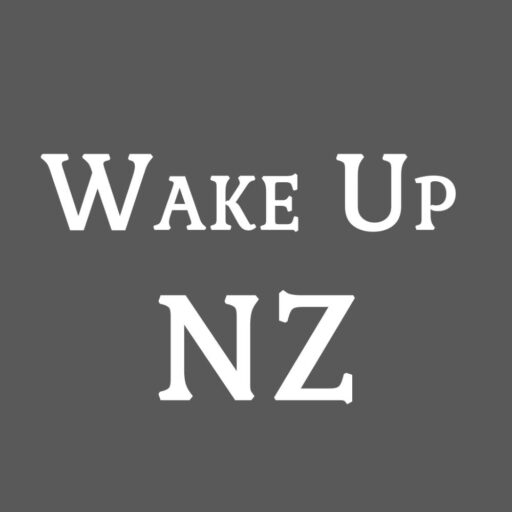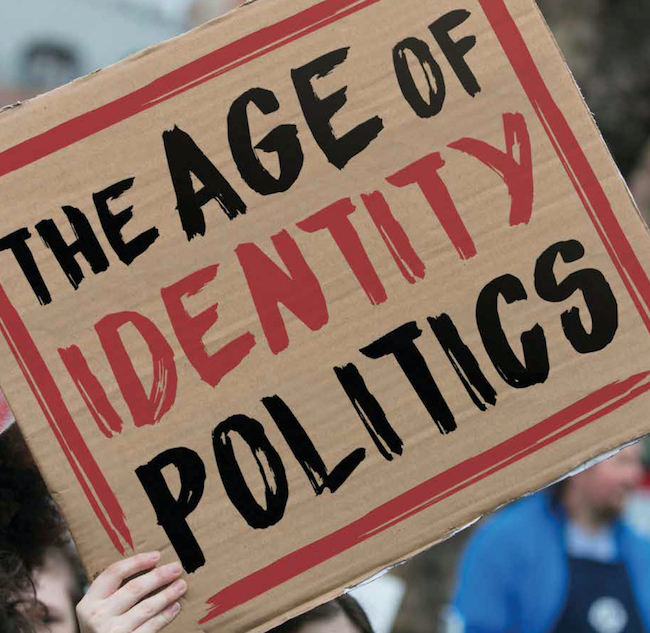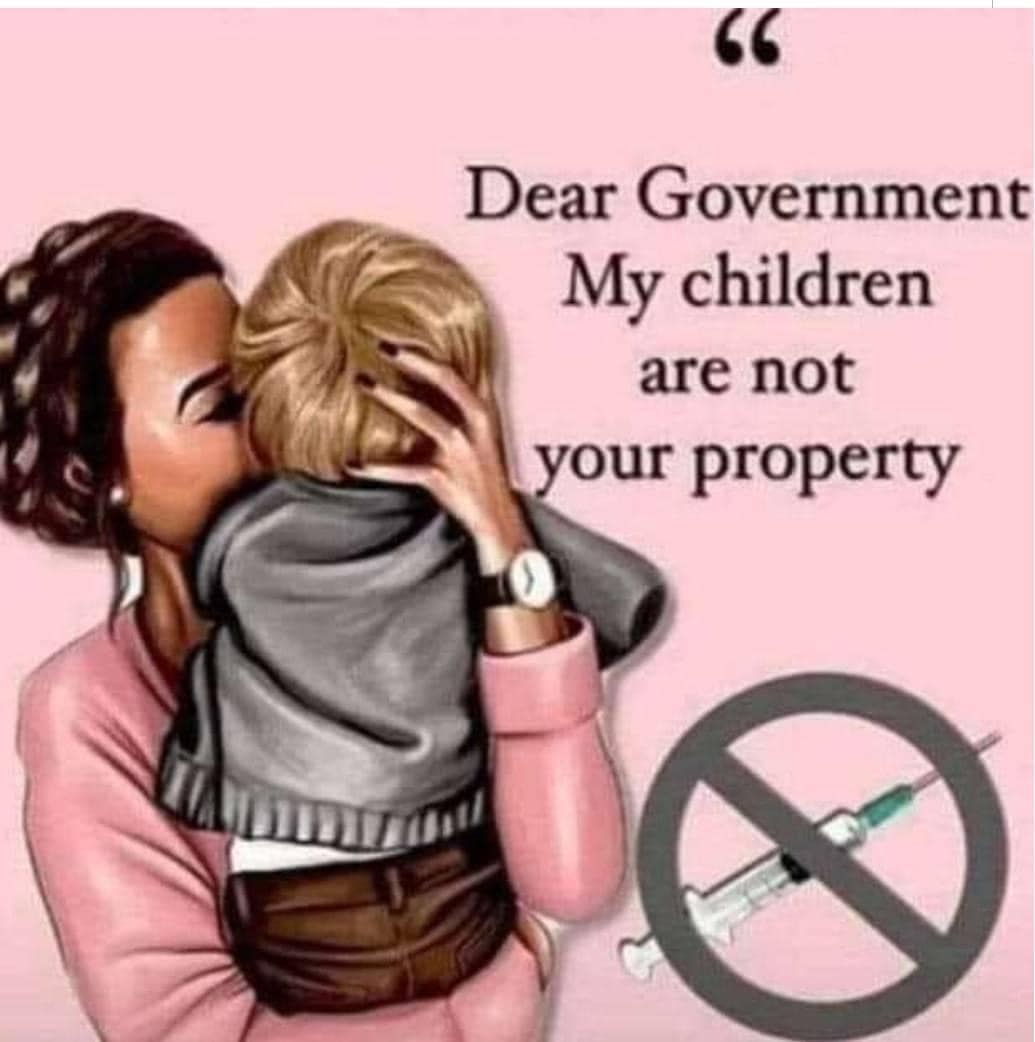TABLE TOP EXERCISES ARE DESCRIBED AS A NORMAL TOOL OF PANDEMIC PREPAREDNESS TRAINING TO IMPROVE INTERNATIONAL COORDINATION & RESPONSE.. Several have already been acted out for International purposes at the John Hopkins Centre For Health Bloomberg Public Health Center. Partners of the Center include :- Independent research & analysists. Supported by governments worldwide, foundations- funders and partners etc., To name a few:- Open Society Foundations (George Soros) * World Health Org., (UN) WHO *Bell & Melinda Gates Foundation *Rockefeller Foundation* CEC * FDA and many more. The John Hopkins Centre was founded in 1998 by D A Henderson as a first Global-Govt Organization
JOHN HOPKINS – BLOOMBERG SCHOOLS OF PUBLIC HEALTH- CENTER FOR HEALTH SECURITY FUNDERS AND PARTNERS INCLUDE.. The Center conducts independent research and analysis, and our work is supported by government, foundations, and gifts. We are grateful for the generous support from our funders and partners. To study the vulnerability of US Civilian population to Biological Weapons. 25 plus years on the John Hopkins Health Security Bloomberg School’ s focus in ‘Severe Pandemics that threaten Our World
George Soros- Open Society Foundations *WHO *John Hopkins * Bill & Melinda Gates Foundation *Rockefeller Foundation *Robert Wood Johnson Foundation U ASPR (Assistat Secretary for Prepared and Response *CDC *Homeland Security *FDA *DTRA *Alfred Sloan Foundation * de Beaument Foundation * Smith Richardson The Center was founded in 1998 by D.A. Henderson as the first nongovernment organization to study the vulnerability of the US civilian population to biological weapons and how to prevent, prepare, and respond to their consequences.
Between 1992- 2002 Published papers in Jama Medical Management of Biological Agents *1999- 2000 Organized 2 National Symposia on Medical Health Response & Bio-terrorism *2001 was highly influential in government decisions to purchase a UN national Smallpox stockpile *2002 Became involved in the Guidance for Hospital and Communities in the US on Pandemic Preparedness Hospital Programmes *2003 Led & shaped US National efforts to engage the public in epidemic & disaster response policies & programs. Launched their 1st Peer Reviewed Journal in this field. Consequently Bioterrorism & Biosecurity was later renamed Health Security. In 2004 John Hopkins Health Security Centre’s research provoked US Policy of ‘Dual Use Research’. Startups publishing annual Health Security federal funded articles. Which were used by the Media *Government to understand Bio-defense & Health Security
2006 John Hopkins Centre’s analysis * advocacy helped to form the ‘Pandemic & All-Hazards Preparedness Act and the Bio-medical Advanced Research & Development Authority (BARDA) *2011 John Hopkins Centre published its first ‘Nuclear Preparedness Guidance’ aimed at Public Health, medical and Civic Leader in the Rad Resilient City Initiative
2006 The John Hopkins Center analysis and advocacy helped to inform the framework for the Pandemic and All-Hazards Preparedness Act, as well as the Biomedical Advanced Research and Development Authority (BARDA).
2011 Published first nuclear preparedness guidance aimed at public health, medical, and civic leaders in the Rad Resilient City initiative. The initiative providing cities & their neighbors with a checklist of ‘preparedness actions’ following a nuclear detonation. Also provided leaders a Checklist of Preparedness’ as to the risk of terrorism
2012 John Hopkins created their first International Fellowship Program focused on building Bio-security leadership.. And a first effort report on how to allocate resources during a Pandemic. * In 2013 they helped lead-develop the US National Health Security Preparedness Index. (The first State to State Index on Health Preparedness)
2013-2014: John Hopkins Centre participated in debate referring to ‘Gain Of Function’-Potential Pathogen Research. This resulted in US Govt funding and a new US Policy *2014-2016 Established Track 2 – S E Asian-US & India -US Biosecurity dialogues * 2017 Published their first working paper in the field of ‘defining global catastrophic biological risks- catalyzing a new focus on these issues *John Hopkins Health Centre- Bloomberg School of Health Security are also well known worldwide for their famous ‘Table Top- Simulation Exercises. (1) 2001 ‘Dark Winter Exercise- Depicting a smallpox attack on the US- which led the US Govt to stockpile Smallpox Vaccines
The 2005 ‘Atlantic Storm’ Table-top simulation Exercise focusing on the Inter-dependence that is demonstrated among International Communities in the face of Epidemics & Biological Weapons. * Another John Hopkins Centre Exercise namely ‘CLADEX’ in 2018. Was a major table-top exercise on major political and policy decision making that would emerge if a global catastrophic biological event was to occur.
The one I find most interesting is John Hopkins Bloomberg Centre For Health Security – namely EVENT 201’ which took place on October 18th 2019. Only e months before the emergence of the COVID19 Pandemic. Of course Fact Checkers- and the usual participants- NGO’s- Govts etc., have said “Nothing to See Here- Its nothing to do with the emergence of the COVID 19 Pandemic”
The 18th October 2019 ‘201’ Global Pandemic Table-top Exercise was held at the Pierre Hotel in New York. The audience was by invite only (A livestream audience) Which has Video coverage on You Tube which can be viewed. The Tabletop exercise for the Global Pandemic was organized by the John Hopkins Center For Health Security, the World Economic Forum and Bill & Melinda Gates Foundation. Funded by the ‘Open Philanthropy Project’
The Players (Actors) that participated in the Event 201 Table Top Exercise were individuals from Global Businesses, Govt & Public Health and involved Sofia Borges UN Foundation Senior Director at the New York Head Office of the UN * Dr Chris Elias -President of the Global Development Programme of the Bill & Melinda Gates Foundation
Dr Chris Elias serves as the President and CEO of PATH, an International non-profit organization and various other Advisory Boards including the Advisory Committee to the Director of the CDC & the Washington Global Health External Advisory Board. Also a Chair of the Bill & Melinda Gates Foundation
Other participating actors of the ‘Global Pandemic Table-Top Exercise Event’ include Timothy Evans (McGill University. Associate Dean of the School Of Population and Global Health in the Faculty of Medicine & Associate Vice Principle of the Global Policy and Innovation. Has a important role at the World Bank Group (The Nutrition, Health Population Global Practice)
Timothy Evans joined McGill University in September 2019 as the Inaugural Director and Associate Dean of the School of Population and Global Health (SPGH) in the Faculty of Medicine and Associate Vice-Principal (Global Policy and Innovation). He joined McGill after a 6-year tenure as the Senior Director of the Health, Nutrition and Population Global Practice at the World Bank Group.
A Representative of WHO (World Health Org, UN). Dr Evans who was Assistant Director General of WHO from 2003-2010. He is at the forefront for the last 20 years advancing Global Health Equity & Global Health Systems. Leading the WHO Commission on Social Determinants of Health. Also over-seeing the production of the annual World Health Report (UN) A Co-Founder of many partnerships, including the Global Alliance on Vaccines & Immunization (GAVI). He led the China CDC Team from September to November 2013 in the fights against Ebola
Participants of the Global Pandemic Exercise Event 201 included Representatives of the UN in various Global Initiatives* Representative from Vodafone Foundation *ANZ Bank *Bill & Melinda Gates Foundation Representative *WEF Representation *Global Business Advisory Leader * Lufthansa Group Airlines * UPS Foundation *A major Media Company* A member of the Monetary Authority of Singapore *Global Health Johnson & Johnson
The Global Pandemic Exercise concluded with Recommendation including a Call of Action for Public-Private Partnerships for a Global Pandemic Preparedness Response. The John Hopkins Global Pandemic Table-top Exercise was played out like it was in reality the pending Global Pandemic with all the mandatory Restrictions. Involved Radio and TV Broadcasting. Mis-Disinformation Campaigns.
Economic and societal impacts- social consequences- suffering. Unpresented levels of collaboration between govts, international organizations and the Private Sector. Lockdowns, social distancing. The challenges posed by the populations. A new robust form of public-private cooperation to address the pandemic. Proposals were made by WEF * Bill & Melinda Gates Foundation * John Hopkins Centre for Health Security
This included Govts international organizations, business, have essential corporate capabilities to be utilized on a very large scale during the Pandemic. Stating public sectors will be over-whelmed. Economic losses. Social Media, communications systems, global news media needed to enable govts emergency response. Operational partnerships between govt responses
WHO currently had a influenza vaccine stockpile with contracts to pharmaceutical companies that they agreed to supply during a global Pandemic. WHOs ability to distribute vaccines and therapeutics to countries in the greatest need. WHO R& D Blueprint Pathogens to be deployed in clinical trials during outbreaks in collaborations with CEPT, GAVI and WHO with Bi- or multinational agreements
* Cancelling of travel by Air & by Sea. International Aviation and Shipping *Border measures. Leading to unjustified border measures. Fear & uncertainty. Severely affecting Employment, businesses.. global supplies of products etc., Vaccine deaths are absent.
November 19th 2019 WEF article on managing Risk & Impact of Guture Pandemics. Also a Private Sector Roundtable- A Global Agenda 19th November 2011. 12th May 2019 WEF Peter Sands. Outbreak – Readiness and Business Impact. Protecting Lives and Livelihoods across the Global economy.( WEF)
Also includes references to – The Center’s scholars researched these topics to inform the scenario.CAPS: The Pathogen and Clinical Syndrome (PDF) *Communication in a pandemic (PDF) *Event 201 Model (PDF) *Finance in a pandemic (PDF) *Medical countermeasures (PDF)
All reported as a fictional unplanned Global COVID 19 Pandemic outbreak but it was played out as if in reality 18th October 2019 prior to COVID19 global emergence. Also recommended was the SPARS Pandemic 2015-2028 Table-top exercise at the John Hopkins Centre For Health and Security (October 2017) A Futuristic Scenario for Public Health Risk Communicators
Recommended Citation Schoch-Spana M, Brunson EK, Shearer MP, Ravi S, Sell TK, Chandler H, Gronvall GK. The SPARS Pandemic, 2025-2028: A Futuristic Scenario for Public Health Risk Communicators. Baltimore, MD: Johns Hopkins Center for Health Security; October 2017.
This is a hypothetical scenario designed to illustrate the public health risk communication challenges that could potentially emerge during a naturally occurring infectious disease outbreak requiring development and distribution of novel and/or investigational drugs, vaccines, therapeutics, or other medical countermeasures. The infectious pathogen, medical countermeasures, characters, news media excerpts, social media posts, and government agency responses described herein are entirely fictional
LINK TO THE ‘ECHO CHAMBER’ SPARS PANDEMIC 2025- 2028 (https://centerforhealthsecurity.org/sites/default/files/2022-12/spars-pandemic-scenario.pdf)
https://centerforhealthsecurity.org/our-work/tabletop-exercises/event-201-pandemic-tabletop-exercise
OTHER LINKS OF INTEREST: 1 Global Health Security: Epidemics Readiness Accelerator. World Economic Forum. https://www.weforum.org/projects/managing-the-risk-and-impact-of-future-epidemics. Accessed 11/19/19
2 Private Sector Roundtable. Global health Security Agenda. https://ghsagenda.org/home/joining-the-ghsa/psrt/. Accessed 11/19/19
3 Peter Sands. Outbreak readiness and business impact: protecting lives and livelihoods across the global economy. World Economic Forum 2019. https://www.weforum.org/whitepapers/outbreak-readiness-and-business-impact-protecting-lives-and-livelihoods-across-the-global-economy. Accessed 12/5/19
https://www.weforum.org/press/2019/10/live-simulation-exercise-to-prepare-public-and-private-leaders-for-pandemic-response/
https://www.cni.org/topics/special-collections/event-201-why-werent-we-paying-attention
WakeUpNZ
RESEARCHER Cassie
...



